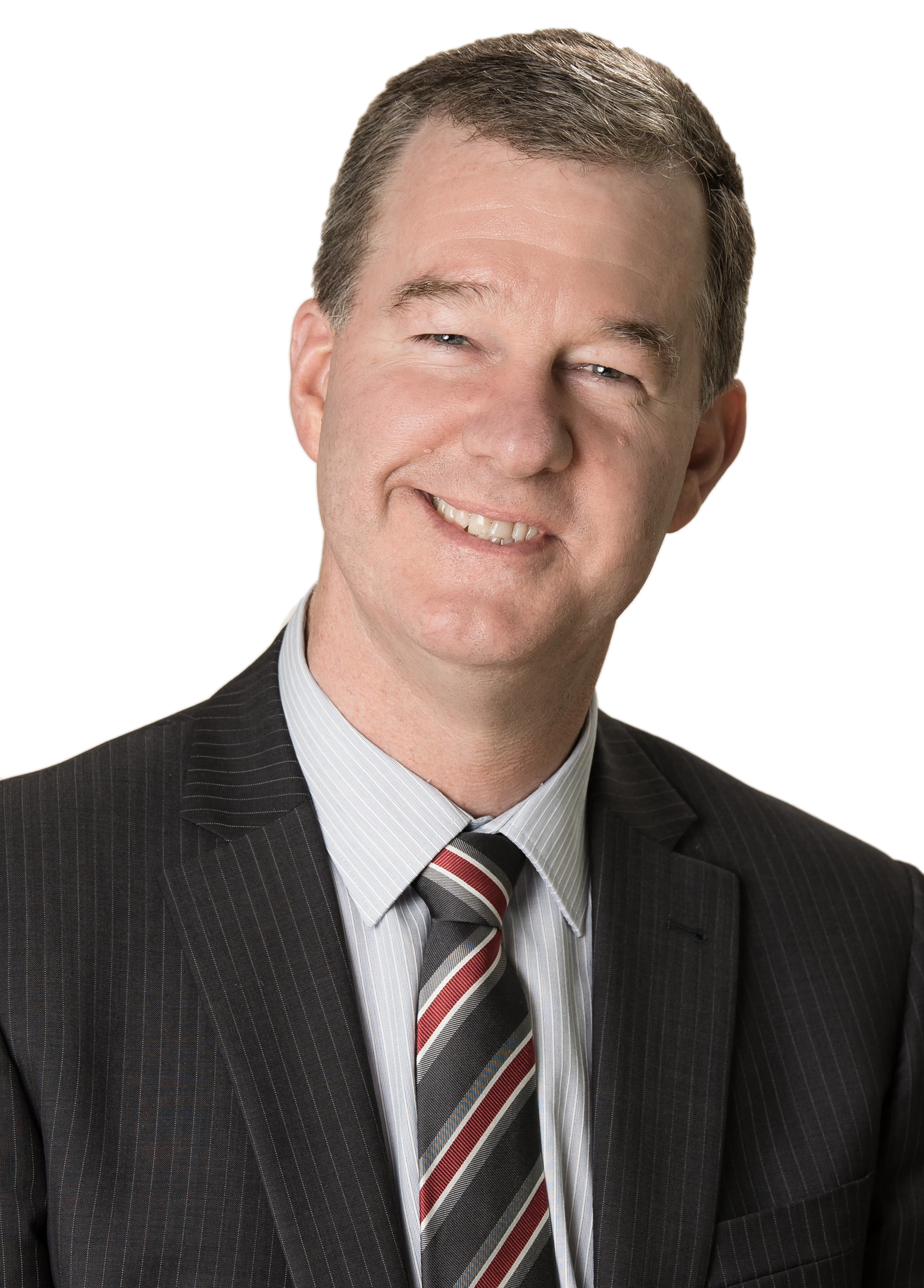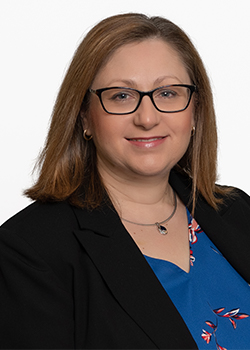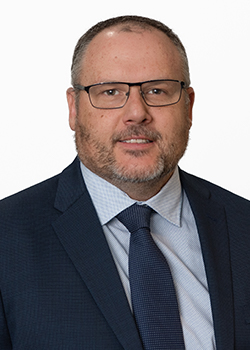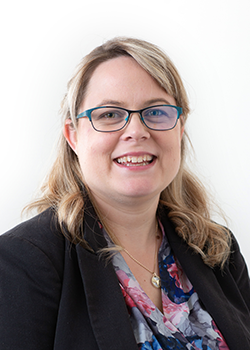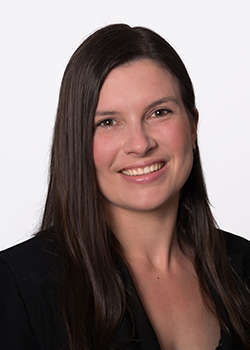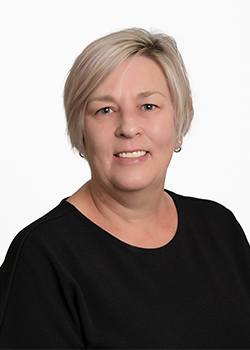Three simple steps for financial wellness

.
How would you rate your level of financial wellness?
Do you think you’re in a good position to meet your immediate and near-term financial obligations? What about your long-term goals?
They’re tough questions, asked in a particularly tough financial environment.
The sharp rise in general living expenses over recent times has spurred central banks to raise interest rates in a bid to quell consumer demand.
Many households are already under increased financial pressure, and further rate rises are on the cards. Investment returns, including superannuation returns, have also fallen.
Yet, in assessing your level of financial wellness, it’s important to look beyond short-term events.
Sure, they definitely feed into the overall equation. Household budgets are likely to be stretched until economic conditions normalise.
But also consider whether your financial wellness is on track in terms of your future, longer-term financial goals. This includes your regular investing strategy, both inside and outside of superannuation.
This three-step framework for financial wellness may help you to identify strategies to improve your financial wellness in order to meet your shorter-term financial obligations, and to keep you on track in terms of your longer-term goals.
Step 1: Take control of your finances
Taking control of your finances largely comes down to understanding everything about your finances – the amount of money you receive in regular and ad hoc income, the amount you need to spend on general living expenses, the money being put towards specific goals (such as a house or car), and what’s left over (your savings).
Consider implementing a budgeting strategy, if you don’t already have one, to track all your expenses and identify where potential savings could be made so you can build momentum towards achieving your short-term and long-term objectives.
Reductions in certain expenses could be used towards paying off high-interest debts, such as outstanding credit card balances, and ensuring you can pay the minimum payments on all debts.
Step 2: Prepare for the unexpected
Having better control over your money will invariably put you in a stronger position to build wealth over time.
Protecting your wealth as it grows is important, and that means preparing for the unexpected.
Households can benefit from setting aside emergency savings to cover modest, unexpected expenses for when an inevitable or unlikely event occurs.
Think of events such as unexpectedly losing your job or a sudden drop in the income you generate from your business activities, and unforeseen spending shocks that can eat into your accumulated savings.
Emergency savings can ensure you have some cushions in place to help reduce the potential impacts of such events on your household budget, financial plans, and goals.
Insurance cover is also an important component of financial wellness and protecting against unexpected or unwanted financial losses. Common types of policies include health, life, disability, trauma, and income protection cover.
Given insurance premiums can be high, striking a balance between risks, costs, and coverages is prudent.
Step 3. Make progress toward your goals
To achieve your long-term financial goals, it makes sense to remove any impediments that will stand in the way of attaining them.
Step 3 of the financial wellness framework focuses on strategies such as paying off longer-term debts, such as your home mortgage. Paying higher-interest debt first will save on interest.
Depending on your life stage and investment trade-offs, you can choose to either pay down lower-interest debt, using money previously allocated to investing, or to rely on your budget and one-time windfalls to accelerate the paydown strategy.
However, having cash on hand may also be important for your peace of mind. Directing more money toward paying debt forgoes liquidity in the short term, so evaluate whether you need cash in the short term.
Also, consider using accounts paying higher interest to save for shorter-term goals, such as buying or paying off a house, vehicles, funding a holiday, or in order to retire early (before you’re able to start accessing your superannuation).
Conclusion
Attaining a high level of financial wellness comes down to a range of strategies, but first and foremost it’s about taking control of your personal finances.
Just doing simple things, like having a household budgeting system, can make an enormous difference in helping you to understand how your money is being allocated, and where you can potentially save on costs.
Having a financial buffer, or war chest, is also important to cater for unexpected events such as a major unforeseen expense, or if you suddenly lose regular income.
Think about having investments that are liquid enough to access if you need extra cash, which can include money you have invested in exchange traded funds or managed funds.
Lastly, always stay focused on your long-term goals and use a range of strategies to achieve them, such as reducing your debts over time.
Taking direct action with your finances will greatly improve your chances of achieving investment success over the long term.
Tony Kaye
Senior Personal Finance Writer
vanguard.com.au

